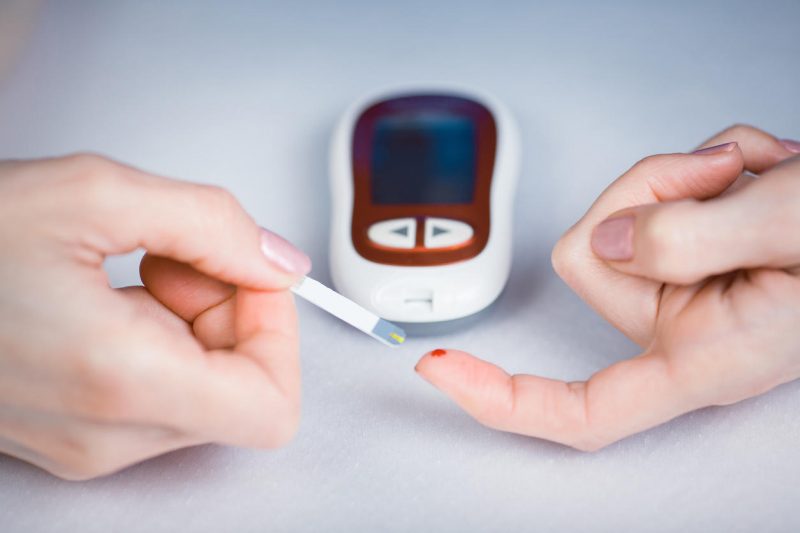The new coronavirus infection has changed the usual rhythm of everybody’s life. Now, with any symptoms of ARVI, in order to prevent COVID-19, doctors recommend taking a PCR test, which can be done in specialized medical centres and state polyclinics. However, every visit
there is associated with the risk of contracting the coronavirus.
The specialists of the IIC “Composites of Russia” of BMSTU are designing a portable device that can determine at home whether a person has antibodies to SARS-CoV-2. The device will be based on biosensors capable of distinguishing IgM and IgG antibodies from each other. The prototype of the device consists of a set of replaceable biosensor chips and a set-top box for a smartphone.
The principle of operation of the covidometer is similar to the measurement of blood sugar using a glucometer. To do the test, you need to drop blood on the sensor. After a few minutes, the screen of the set-top box will display the result: whether there are antibodies to SARS-CoV-2 in
the blood, what their level is.
When the biosensitive material interacts with a patient’s blood sample containing disease marker proteins (antibodies), the electrical conductivity of the sensor changes.
“We use aptamers as biosensitive material,” explained Ivan Komarov, a leading engineer at the IIC Composites of Russia. — These are short, artificially synthesized pieces of DNA or RNA that specifically interact with disease markers. The aptamers are applied to a chip coated with a
conductive layer of reduced graphene oxide. When they bind to disease markers, in this case antibodies, they gain or lose an extra electron. This changes the resistance of the conductive layer. The current passing through it increases or decreases, which is recorded by the device”.
Scientists are considering the possibility of creating similar devices for other types of viruses, such as hepatitis and rotavirus infections.
Source: official website of BMSTU
URL: https://bmstu.ru/mstu/news/news.html?newsid=7576



